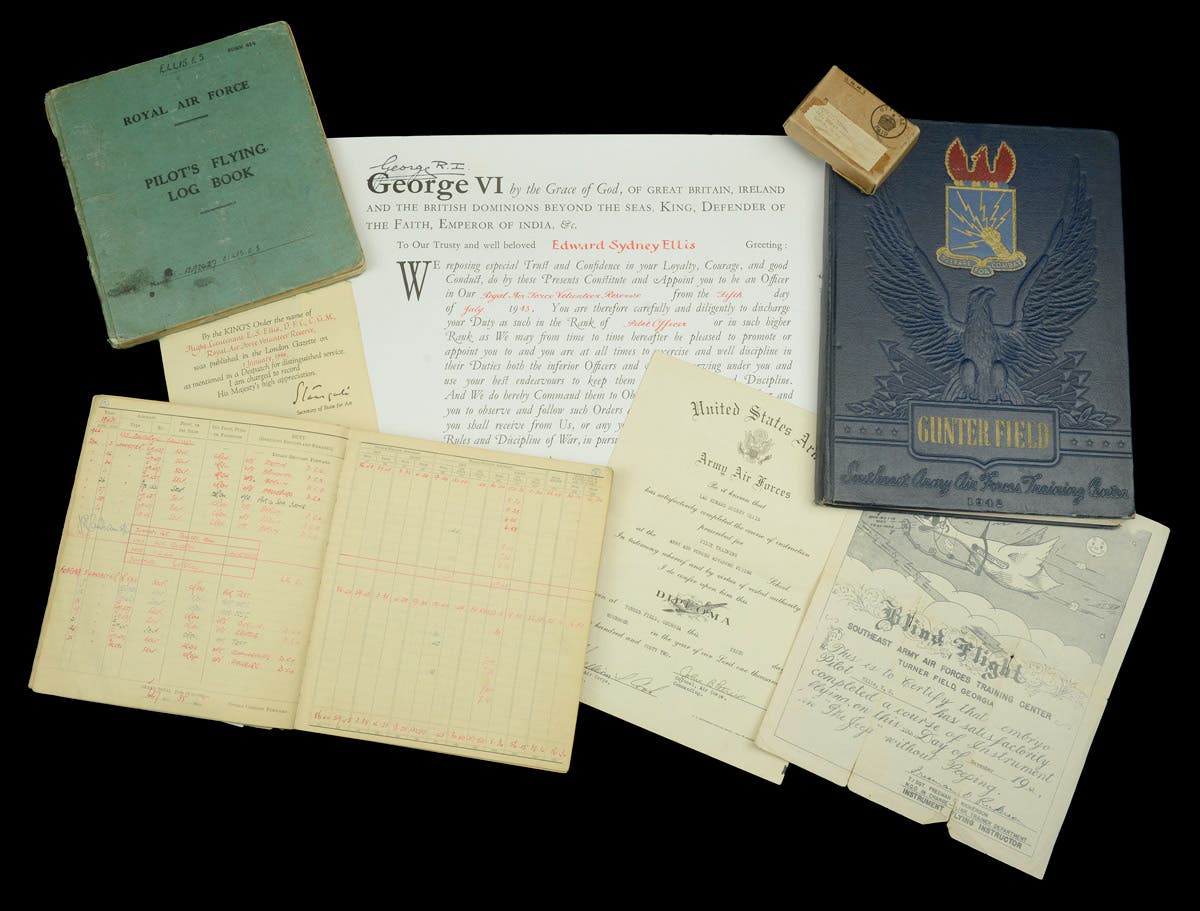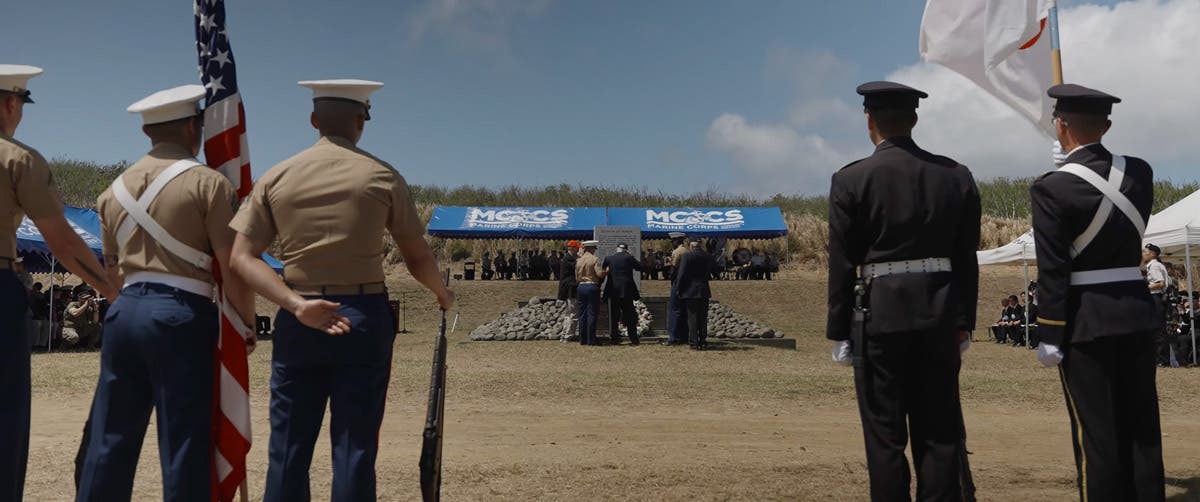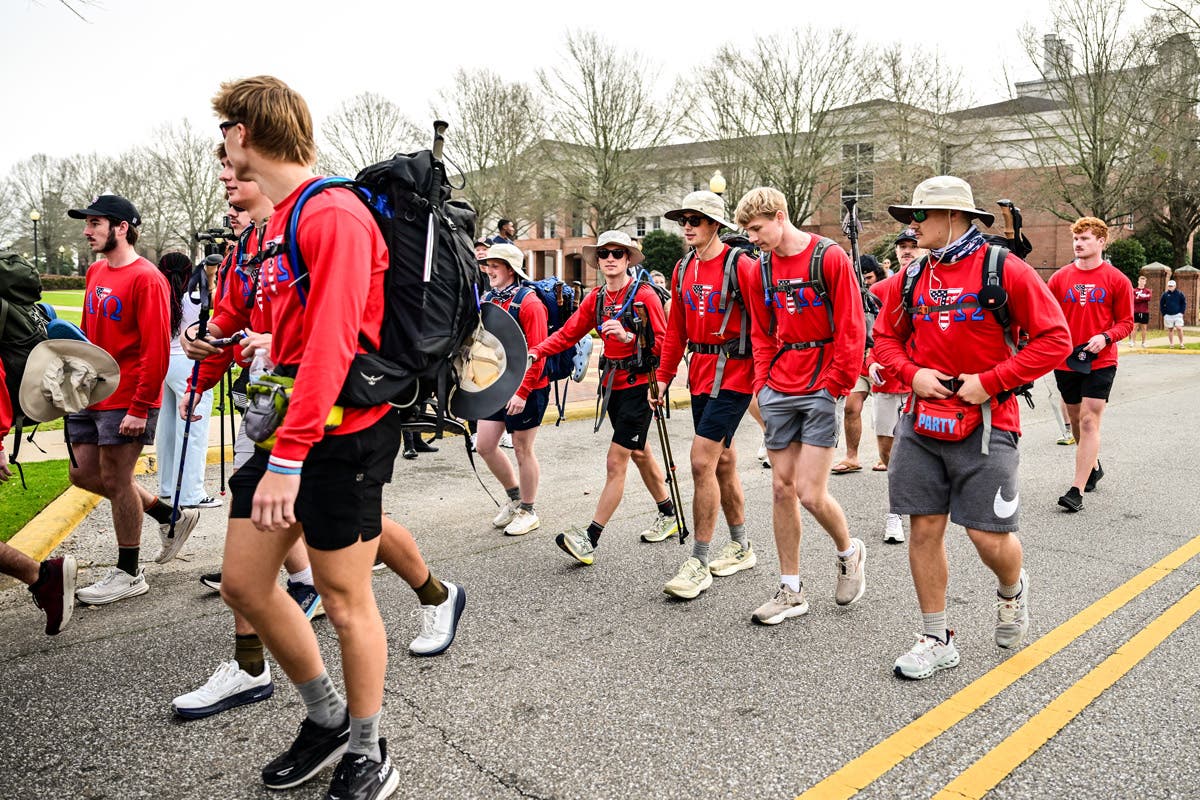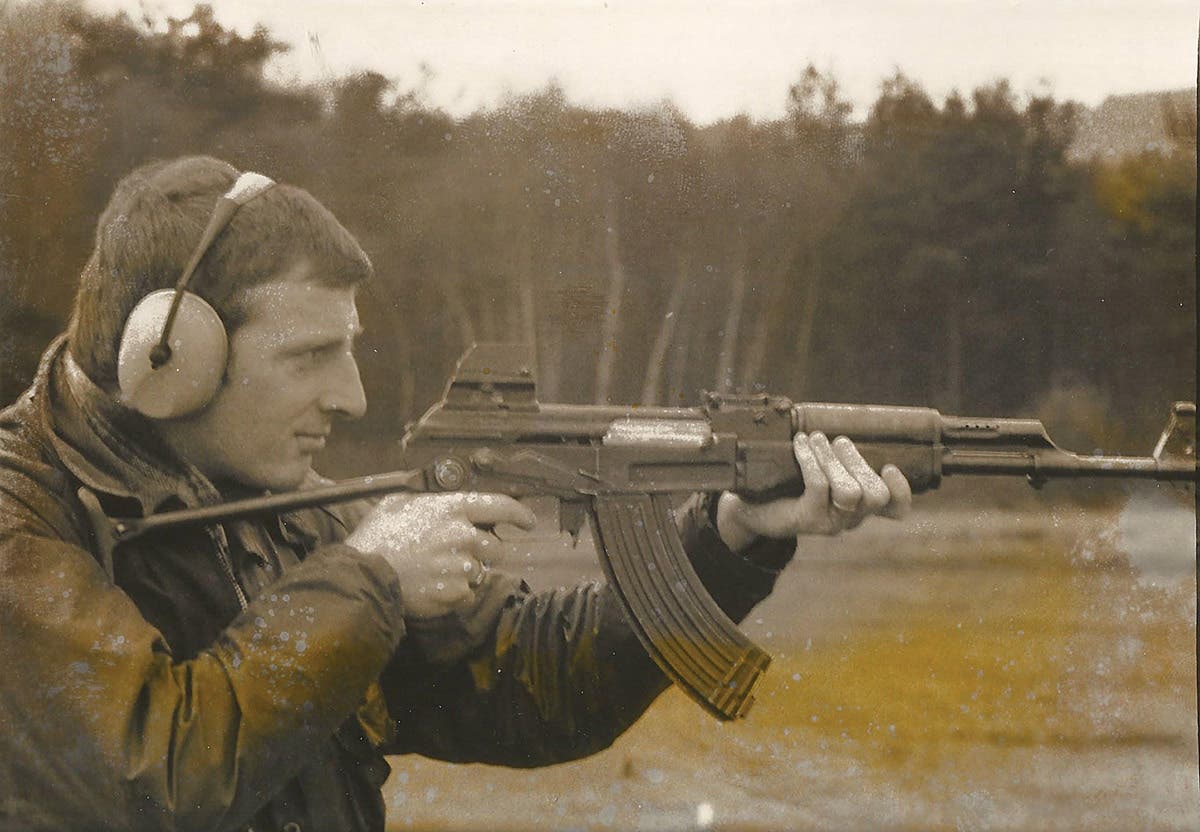Hidden Assets
Auctions can turn military relics into cash by Ann Nix When Diane’s husband passed away, he left behind a vast lifetime collection of military antiques — four levels of their…
Auctions can turn military relics into cash
by Ann Nix
When Diane’s husband passed away, he left behind a vast lifetime collection of military antiques — four levels of their home, including the basement, overstuffed with uniforms from both World Wars, and piles of swords, helmets, and badges. It was daunting, and something Diane was completely unprepared to deal with on her own. She contemplated selling the collection to local dealers in Pennsylvania where she lives, but after exhaustive research, decided to turn it over to an auction house specializing in militaria. It was best the decision she could have made. Now, every few months, she receives a large check in the mail. Over the past year, the proceeds have enabled her to purchase a new home and put ample funds in the bank, guaranteeing a secure retirement. The auction house Diane chose to handle her late husband’s collection was Grenadier Military Antiques Auctions (grenadierauctions.com), an online auction company based in Long Beach, California. We spoke with co-owner Bruce Hermann to get the details on how the auction process works.
Ann Nix (AN): Many people are unfamiliar with auctions and unsure about where to start. Why choose an auction to sell militaria rather than a collector or dealer?
Bruce Hermann (BH): A major benefit of selling at auction is that you’re getting the actual value for each item, as opposed to selling wholesale. In other words, collectors are bidding on the item and spending what it is worth in the current collectors’ marketplace. More often than not, people who come into military antiques, such as through an inheritance, know nothing of their actual retail value and can really be taken advantage of when selling in an uninformed manner, whereas consigning at an auction will bring their true value.
AN: Your auctions are online. How is this different from an on-site auction?
BH: An online auction, by its very nature, is worldwide and has a virtually endless supply of qualified bidders, whereas an on-site auction is typically limited to local bidders.
AN: Why not just sell on eBay?
BH: If you sell on eBay, you are responsible for all aspects —photography, shipping, descriptions, billing, etc., and with eBay and PayPal fees reaching all-time highs, you are not really saving anything, and incurring much more work for yourself.
Also, if you happen to be selling items from Third Reich Germany, they are expressly prohibited on eBay. If you do manage to post them, they will be removed.
We do all the work for you. In Diane’s case, we drove a 28-foot moving truck from Pennsylvania with her collection and handled all of the itemizing, professional photography, descriptions, etc.
AN: Why is it important to choose an auction house specializing in militaria?
BH: Most auction houses deal in everything from fine art to watches to manuscripts. Therefore, they cannot focus expressly on one category with their expertise. In dealing with a specialty auction house, you can be assured that your consignments will receive the proper evaluation, vetting, and descriptions which can only come from a company that is expert in that field.
AN: Have you found that many people have treasures in their attic or garage they may not even realize they have?
BH: Absolutely. There have been numerous times in my career that I have gotten things from people they have actually put in their trash cans that have turned out to be worth fortunes. I can’t tell you how many times that has happened.
What, to the untrained eye, may look valueless and insignificant, can, in some cases, be a true treasure with a very high degree of desirability and value. A case in point: We recently had a consignor who had a group of medals and other ephemera which belonged to her long-deceased great uncle. She had been hanging on to these for many years, and actually did not think they had much value. After meeting with our company, we explained to her the significant historic value of this grouping. Itended up closing in the $10,000-plus range at auction.
Also recently, we had a German gentleman contact us who had memorabilia from his grandfather, which again, he had kept in a drawer at home and didn’t ascribe much value to it. He placed the items in our auction only to realize thousands of dollars for just one portion of the items he consigned.
AN: What’s the first step for someone who may be interested in putting up an item or collection through an auction?
BH: Find an auction company you feel comfortable dealing with, and then research the company to check their reputation, credibility, and honesty. It never hurts to interview them — as you would a potential employee — to see if they are the right fit for you and your needs. The first step in assessing the worth and salability of items is to send clear, detailed, high-resolution photographs to whichever auction company you’re interested in working with to determine if an item has value and is not a reproduction. Then, you can beadvised how best to move forward.
We are a full-service auction house, meaning that for large collections, we will pick up, transport, and do everything else necessary to turn your items into cash.Our contact information is available on our website (grenadierauctions.com). If someone is interested in consigning an item, they can contact us by phone or email and we’ll be happy to take the first step in evaluating their items for possible consignment.
AN: How can you guarantee these valuable collectibles are safe?
BH: A reputable auction house is fully insured, offers a high level of security, and treats the consigned antiques with the respect and care they deserve. Look for an auction house that provides for the safekeeping and care of items. We have a fully secured and alarmed warehouse and are fully insured, so our consignors can rest assured that their items are safe under lock and key and protected against loss or any other calamity.
AN: How much time does it take to sell an item(s)? And most importantly, when can consignors expect to get paid?
BH: I can only speak for my company, but a typical turnaround from the receipt of an item is approximately three months. If an item is received within six weeks prior to the beginning of an auction, it can almost always be included in that upcoming auction. We typically try to pay our consignors their settlement for items sold within four to six weeks after the close of auction.
AN: What if you have a lifetime collection to sell such as Diane’s? Does it take longer?
BH: It depends on the size. There’s really no way to say for sure. In Diane’s case, her husband had an extensive collection with thousands of items which have been parsed out over several auctions in order to maximize return. Diane has received checks for the past year as more of the collection is sold at each auction. We hold auctions every season, so she will receive a check every few months until the collection is sold.
AN: What kind of fees can someone expect from selling at auction?
BH: In our case, we charge a flat 20% of the selling price. Some auction houses charge a smaller consignment fee, however, they nickel and dime the consignor with extra charges for insurance, photography, storage, advertising and marketing, etc. By the time it is all said and done, they could be looking at a 30-35% commission. Our fee is a flat fee. There are no other charges—everything is included.
AN: How do proceeds received from auction affect taxes?
BH: We never 1099 our consignors, as we feel it is their responsibility to report any earnings they have received. Some may wish to sell a large collection over the course of a couple of years in order to defer taxes.
AN: You mentioned marketing and advertising earlier. How are your items marketed?
BH: The key to any successful business is extensive advertising. William Wrigley made a fortune on Wrigley’s chewing gum because he advertised extensively. He made in what today’s money would be billions from selling penny sticks of chewing gum, all due to his aggressive advertising.
One of the problems with regional and local antiques auction houses is they don’t advertise greatly and rely exclusively on local customers. In order to ensure top dollar for your consignors, I believe you have to have aggressive advertising. Grenadier Auctions advertises worldwide in a multi-media fashion, meaning print, internet forums, social media, etc. We bring in a wide audience of interested collectors in this way.
AN: For those who may have reservations about going the auction route, what would you say?
BH: You do have to be very careful and diligent in choosing an auction house. Look for one that advertises, is insured, and specializes in military antiques such as ours does.
You don’t have to be an expert in militaria or in auctions — call us and we’ll walk you through it and take care of all the details. Who knows — that old uniform or helmet hiding away in your attic could be worth its weight in gold.
Ann Nix is a freelance writer based in Long Beach, California. For more information about Grenadier Military Antiques Auctions, go to grenadierautions.com or call (562) 343-7528
Ann Nix is a freelance writer residing in Long Beach, Calif.





